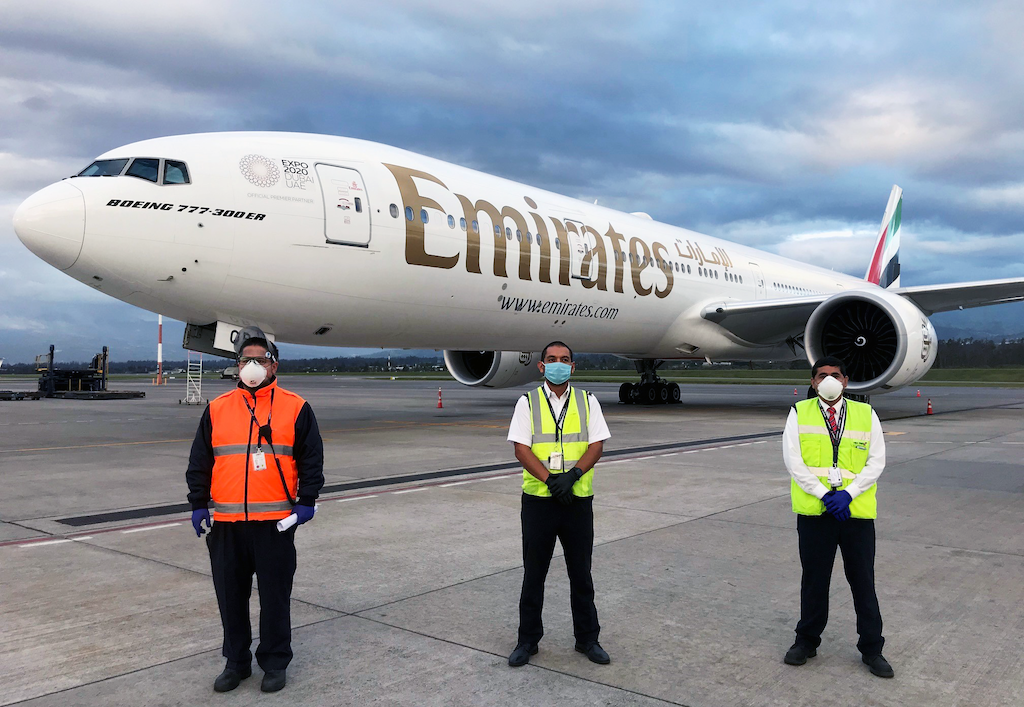
Aviation consultancy IBA believes that the increased demand for freighters will continue until more passenger aircraft return to service .
In economic downturns, said IBA, the freighter market tends to be the first hit and, subsequently, the quickest to recover.
Said IBA in a market update: “There is a distinct correlation between Freight Tonne Kilometres (FTK), the measure of cargo moving around the world, and GDP. Using IBA.iQ Trend data, IBA can show that historical slumps such as 9/11 and 2008’s global financial crisis have produced a sharp decline followed in each case by a swift bounce back in FTK.”
It added: “We entered 2020 with freight under pressure but, as Covid-19 continues to exert its profound global effect clinically and economically, the freighter market is experiencing demand which we would not have envisaged before the crisis.
“IBA believes the current inflation in freighter demand will continue, even in these economic circumstances, until global air cargo capacity is rebalanced by the return to service of more passenger aircraft.”
In the longer term, factors including demand, efficiency and the increased availability of younger aircraft for conversion as some passenger fleets are grounded permanently, will speed the retirement of some of the stalwarts of today’s freighter fleet such as the A300, DC10, and Boeing 747s without nose-loading capacity.
How have asset values been affected?
Taking into account factors such as forecast demand, age, and availability of feedstock aircraft (aircraft available for freighter conversion), and using data from IBA.iQ, IBA forecasts that narrowbody freighter values range from $3.8m for a 1987 built McDonnel Douglas MD-82SF to $29.19m for a 2001 built Airbus A321-200P2F.
IBA forecasts that values for widebody freighter aircraft range from $350,000 for a 1978 built Airbus A300F4 to $153m for a 2020 built Boeing 777-F.
“Looking beyond the high demand caused by Covid-19, IBA has identified a number of freighter aircraft types that it considers to be the most vulnerable including the Airbus A300-600F and A310-300F, Boeing 747-400BDSF/BCF and McDonnell Douglas MD-11F.
“Conversely, the Boeing 747-400F/ERF and 737-300F are considered to be less vulnerable, and IBA believes the more secure aircraft types to be the Airbus A321-200P2F, and a number of Boeing models including the 757-200F, 767-300F / 300ERBDSF, 737-400F, 737-800SF and 777-200F.”

